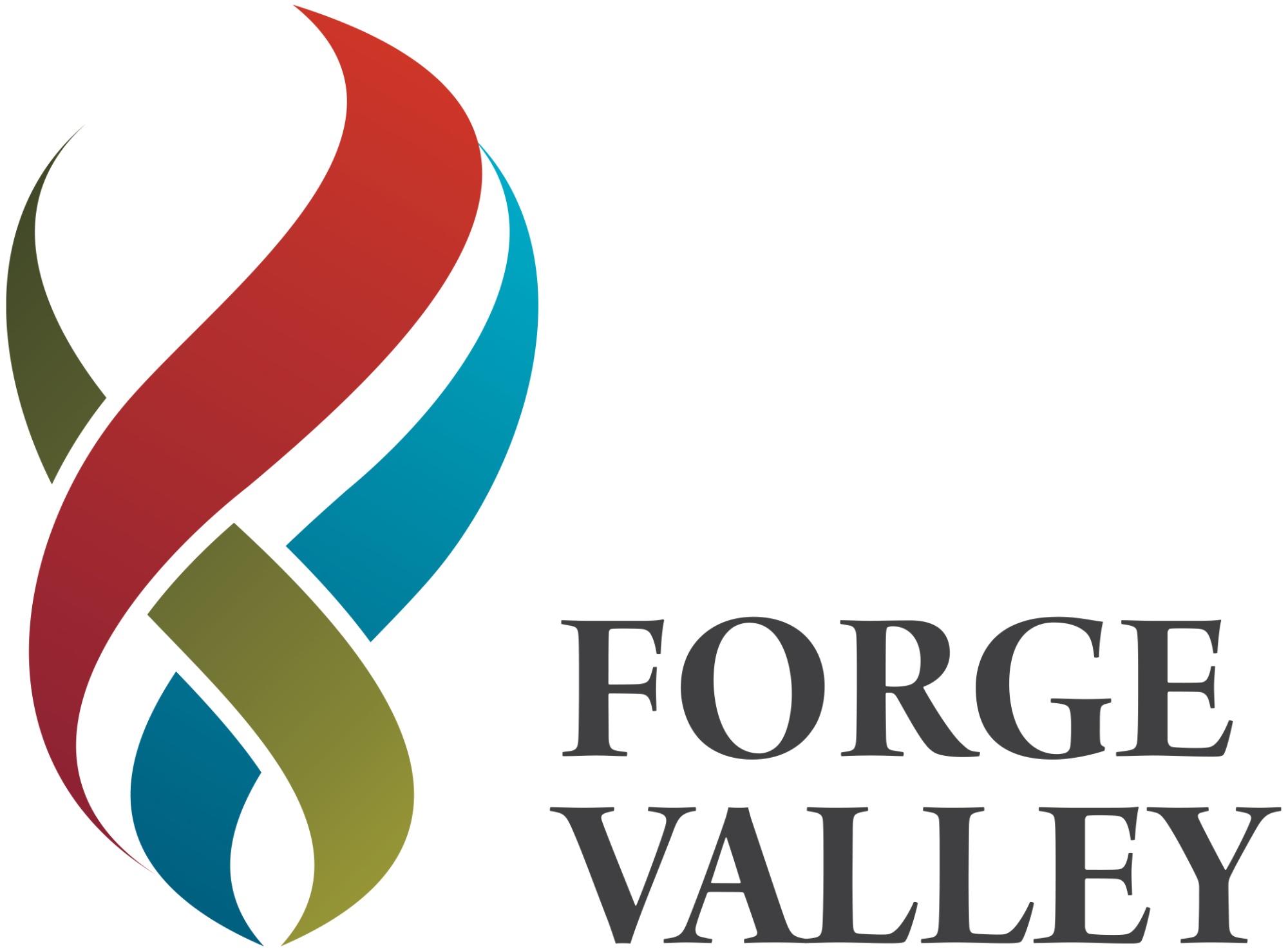English Language (A Level)

Language exerts hidden power, like the moon on the tides.
Course Introduction
English Language A Level is your chance to investigate just how powerful the English Language is. How can it be used to manipulate you? How does it reflect societal values? How does it control our views on topics such as gender, race and identity?
You will analyse a range of texts, investigating contexts, meanings and representations and also
get the opportunity to produce your own original writing in the style of your choice. Remember
how 'Macbeth' appeared to be written in a foreign language? You will explore how language has
changed and is still continuing to do so, and look at how it is used differently across the world.
Your language use is as unique as your fingerprint. You will learn how you mastered the use of
language from the day you were born and investigate factors that affect your language use, such as: age, gender, occupation, where you live, your social life, etc. In addition to studying what linguists have to say, you will conduct an investigation on a research question of your own choice - excellent preparation for your undergraduate dissertation which will be valued by universities. In addition, the ability to debate, interrogate and challenge accepted ideas and opinions are vital to success. If you have a curious mind, this course is for you.
Future Opportunities
Move on to a host of courses at university including English, politics, humanities or social sciences. English develops the skills you need to succeed in a wide range of careers and sits alongside most other courses.
What are the entry requirements?
Five or more GCSEs Grade 9-4 or equivalent, including minimum of Grade 5 in GCSE English Language.
What will I study?
The course provides you with an opportunity to study the English language in more depth. You build on analytical skills from GCSE, enabling you to interpret the work of others and develop your own writing skills.
You will also study how a child develops their use of language and investigate how and why people use language differently.
Topics include:
- Textual variations and representations
- Children's language and development
- Language diversity and change
- Language discourses
- Writing skills
- Language investigations
- Original writing.
How will I be assessed?
Paper 1: Language, the individual and society (2 hours 30 mins). 40% of A Level.
- Textual variations and representations
- Children's language development
Paper 2: Language diversity and change (2 hours 30 minutes). 40% of A Level.
- Language diversity and change
- Language discourses
- Writing skills.
Non-exam assessment: Language in Action, 3500 word count that covers:
1. A language investigation
2. A piece of original writing and commentary
20% of A Level.
FAQ
What is the average class size?
Class sizes are usually between 10 and 20 students.
Are the teachers specialists in the subject area?
All teachers have degrees with specialisms in English.
How successful have previous students been in this subject?
The course has had excellent pass rates with many previous students going on to university to study English Language, creative writing, writing for the media, journalism and sports journalism .
What other subjects compliment this course?
History, Psychology, Media, Drama, Politics, English Literature, Sociology.
Will studying this subject allow me to go to university?
Yes. It’s an academic and challenging subject which is prized by leading universities as an indication of advanced analytical, writing and thinking skills. As a core academic subject it can pave the way to many different courses and careers.
What careers can the subject lead to?
Teaching, writing, law, politics, journalism, editing, publishing, marketing, social media, film and TV, theatre, linguistics, speech and language therapy and more.
